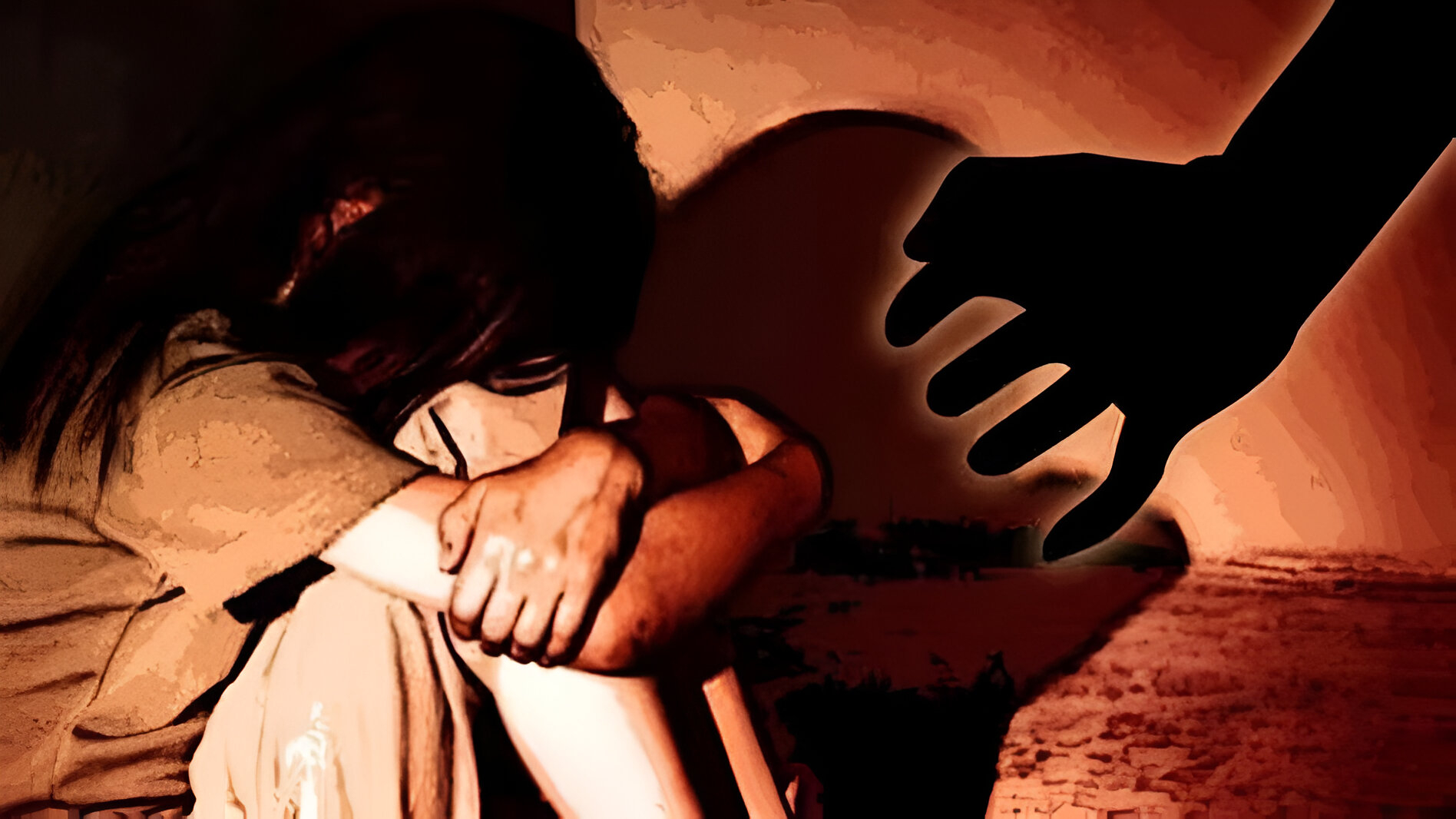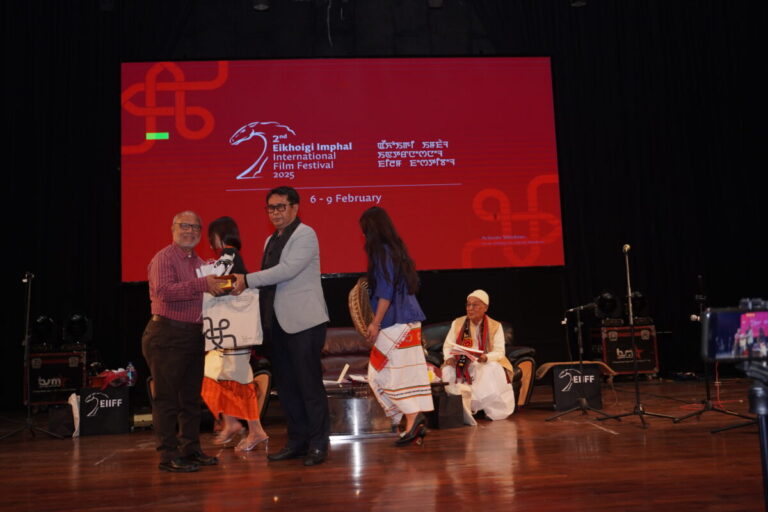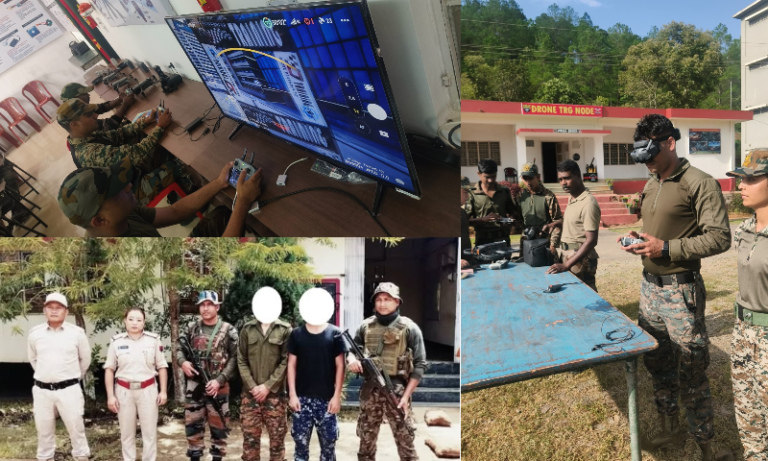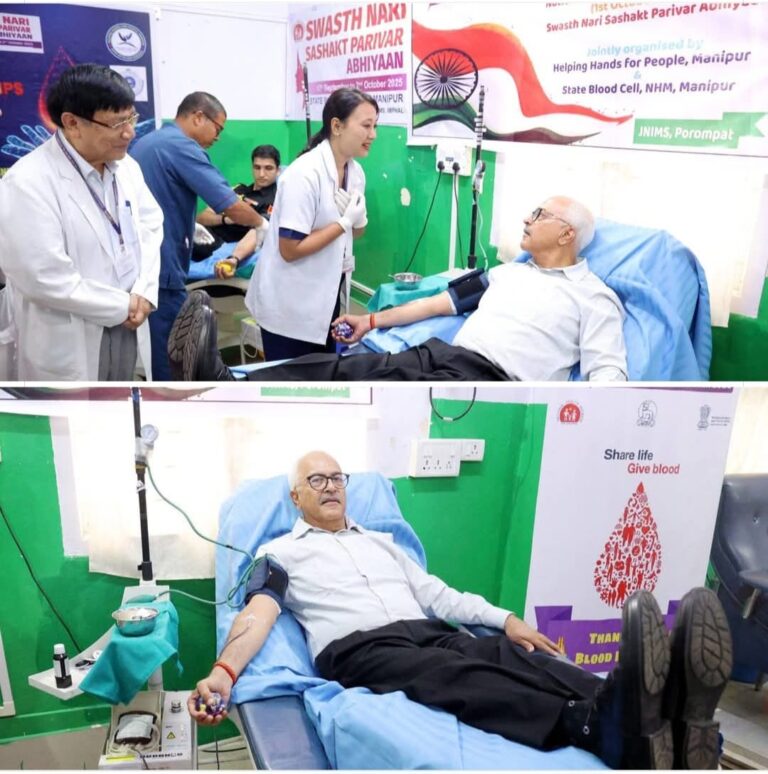Manipur Shocker: Man Held for Rape and Murder of Mentally Challenged Girl — A Chilling Reality That Demands Justice
🗞 Summary of the News Article
In a deeply disturbing case that highlights the continued vulnerability of women and girls in India, a mentally challenged minor girl was allegedly raped and murdered in Manipur’s Kakching district. The accused, a man reportedly from the same locality, was arrested shortly after the incident came to light. The girl’s body was found in suspicious circumstances, and postmortem reports are expected to confirm the details. This heart-wrenching tragedy has triggered fresh debates around the safety of mentally challenged individuals and the need for stronger protections and faster justice.
🕯 Long-Form Article: A Brutal Crime in Manipur That India Cannot Ignore
1. Another Heartbreaking Incident—But Will We Ever Learn?
You ever read a piece of news so disturbing that it leaves a lump in your throat?
That’s what happened when the news broke out of Manipur’s Kakching district—a young, mentally challenged girl was raped and murdered. The crime wasn’t just horrifying—it was a brutal reminder of how society continues to fail its most vulnerable.
It’s not just about the statistics. It’s about a real girl, with real dreams, robbed of her life and dignity in the most savage way possible.
2. What Do We Know So Far?
The tragedy unfolded in the Sugnu area of Kakching. The victim, a minor who was also mentally challenged, reportedly went missing. Her lifeless body was later discovered under suspicious conditions. Initial police reports suggested foul play, and a suspect was soon arrested.
The accused is a local man—someone who may have known the victim, someone she might’ve even trusted. That betrayal makes this crime even more gut-wrenching.
Police say they’re awaiting a detailed forensic and postmortem report, but signs of sexual assault and physical trauma are already evident.
3. Let’s Talk About The Bigger Problem
Now, here’s the thing—this isn’t just a “Manipur problem.” It’s not just a “North East” issue. It’s an India problem. A human rights problem. Every single time we see a heinous act like this, we ask: “How could this happen?”
But maybe it’s time to ask a harder question: Why does this keep happening?
Because if we’re being honest—our systems aren’t broken. They were never designed to protect the powerless.
4. Vulnerability of Mentally Challenged Individuals
You know what makes this crime even more sinister?
The victim wasn’t just a child. She was mentally challenged—a group already fighting for basic dignity every single day.
Let’s be real: our country doesn’t offer much support for individuals with disabilities, let alone protect them from predators.
They often live on the fringes of society, misjudged, mistreated, and ignored. And when crimes happen, their trauma is often under-investigated or worse—disbelieved.
That needs to stop. Immediately.
5. The Arrest: A Step Forward, But Is It Enough?
Yes, the accused has been arrested. Great. But let’s not pop the champagne just yet.
You and I both know how the system works—arrests don’t always mean justice. We’ve seen too many cases drag on for years. Witnesses disappear. Evidence is “misplaced.” Survivors and their families are pressured into silence.
Unless this case is taken to its logical conclusion—with a fair trial and harsh punishment—it’s just another entry in a long list of horrors.
6. The Role of Fast-Track Courts
We love the idea of fast-track courts, don’t we? But how many actually live up to the name?
In a case like this, where there’s a minor, sexual assault, and mental disability involved, there should be zero tolerance for delays.
Let’s not forget, under Indian law:
- The POCSO Act demands time-bound investigation and trial.
- The Rights of Persons with Disabilities Act provides legal safeguards.
- Section 376 of the IPC (rape) calls for strict punishment, especially in aggravated scenarios.
The framework exists. What’s missing is implementation.
7. What Does This Say About Safety in Manipur?
Manipur has been in the headlines for all the wrong reasons—conflict, instability, and now, violent crimes against women and children.
Kakching is not a remote jungle. It’s a developed district. So if something this horrific can happen here, with so little immediate protection, what about more isolated villages?
If safety is a privilege and not a right, then we’ve failed as a society.
8. The Family’s Pain—Unimaginable and Often Overlooked
Can you imagine the pain of the family?
Losing a daughter is heartbreaking. Losing her this way is soul-shattering.
Yet, most of the time, families are left to fend for themselves. They face stigma, police apathy, and sometimes even retaliation for demanding justice.
We need better trauma care, legal aid, and social support for families who go through this nightmare.
9. Why Is the Media Not Screaming About This?
If this happened in Delhi or Mumbai, we’d have 24/7 coverage, interviews, panel debates, and hashtags trending for weeks.
But when it happens in the North East? Silence.
This media neglect is dangerous. It sends a message that some lives just don’t matter as much. That outrage is reserved for only certain PIN codes.
Let’s break that narrative. Every victim deserves a voice. Every crime deserves attention.
10. The Role of Society: Time to Speak Up
We can’t keep relying on politicians, cops, or even the courts alone.
It’s time we ask ourselves:
- Are we teaching boys the meaning of consent?
- Are we protecting our vulnerable?
- Are we raising voices when it’s uncomfortable?
Because if we stay silent, we’re complicit.
11. What Can Be Done to Prevent Such Crimes?
Here’s a quick checklist of what must be implemented:
- Mandatory sex education from school level.
- Community watch programs for vulnerable populations.
- Speedy mental health assessments and support in every district.
- 24×7 helplines with regional language support.
- Regular background checks in sensitive areas like special schools and hostels.
None of this is rocket science. It just needs political will and public pressure.
12. A System That Responds Before It’s Too Late
We need a shift from reaction to prevention.
Why wait until someone’s dead? Why not have systems that flag danger signs early? That protect instead of just punish after the fact?
This crime, like many others, was preventable. That’s the real tragedy.
13. Justice Must Be Swift and Public
When we say justice must be served, we mean fast, fair, and fearless.
No loopholes. No delays. No compromises.
Let this case be a turning point, not another lost cause.
14. The Nation Is Watching—Or Is It?
We often say, “The world is watching.”
But let’s be real—most people move on after a day or two. If you’re still reading this, you care. And that matters.
Now turn that care into action:
- Share this story.
- Demand updates from local officials.
- Write to your MPs.
- Support organizations working with disabled women and children.
Let’s make sure this young girl didn’t die for nothing.
❓ FAQs: Because You Deserve Clear Answers
Q1: Who is the accused in the Kakching rape and murder case?
The accused is a man from the same locality, reportedly arrested soon after the victim’s body was found. His identity has not been made public yet, pending further investigation.
Q2: What laws apply to this case?
This case falls under the POCSO Act, IPC Sections 376 and 302, and Rights of Persons with Disabilities Act, ensuring strong legal action if the charges are proven.
Q3: What is the role of the government in such cases?
The government should provide immediate legal aid, financial support to the family, ensure police transparency, and push for a fast-track trial.
Q4: How can I help as a citizen?
Speak out on social media, support NGOs, educate people about consent and safety, and push for justice reforms through petitions and letters.
Q5: Are mentally challenged individuals more prone to sexual violence?
Unfortunately, yes. They’re often seen as “easy targets” by predators due to lack of communication abilities and limited awareness of personal boundaries.



